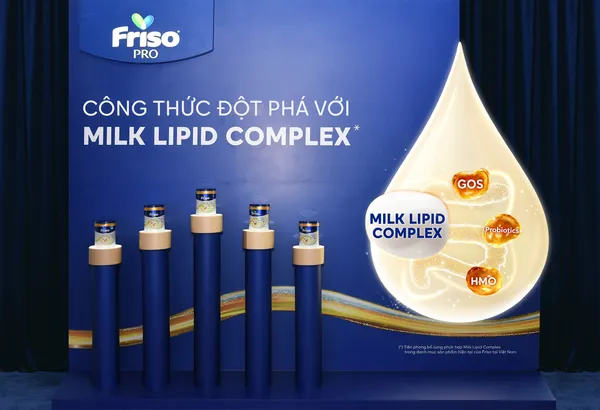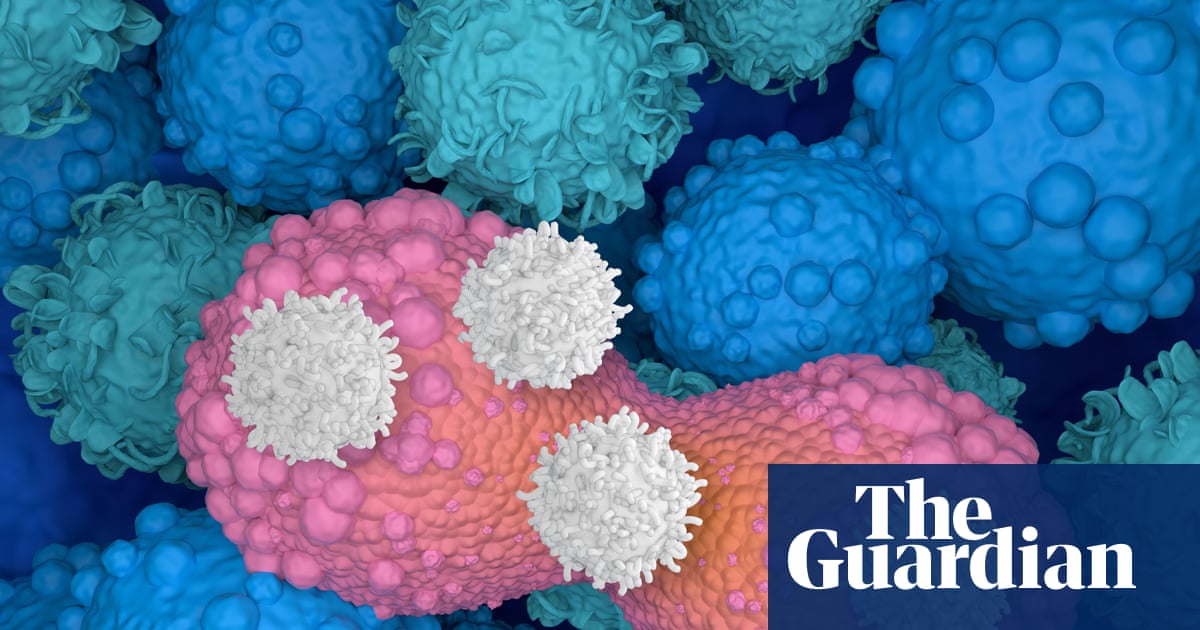The gut barrier: Digestive health’s next frontier


Over the past decade, gut health has surged from a niche wellness topic to a mainstream consumer priority. As a result, today’s supplement shelves practically burst with probiotics, prebiotics, synbiotics, and more, supporting a range of health goals from smoother digestion to better mood. Within this expanding category, gut barrier health—the integrity of the lining that separates the digestive tract from the bloodstream—is gaining attention.
As the body’s gatekeeper, the gut barrier allows nutrients and beneficial compounds to pass into the bloodstream while blocking harmful bacteria, toxins, and antigens. When functioning properly, it maintains homeostasis, supporting healthy digestion, nutrient absorption, and immune defense. But stress, poor diet, certain medications, and aging can all compromise barrier integrity. The result? Increased permeability, or “leaky gut,” which allows unwanted molecules to enter circulation and contribute to symptoms affecting the gut and beyond.
According to Jordi Riera, chief business officer at Kaneka Probiotics (Pasadena, TX), search data and social media chatter suggest that consumers are becoming familiar with terms like “intestinal permeability” and “leaky gut;” however, he admits this familiarity is generally quite surface-level. “There’s currently interest but not necessarily understanding amongst consumers,” he explains. “This highlights the need for forward-thinking brands to become trusted sources of accurate, accessible resources that translate the science of gut barrier integrity into practical guidance and support.”
Ed Dosz, vice president of science and innovation at NutriScience Innovations (Milford, CT), agrees that while awareness is rising, a significant amount of education still needs to happen. “Many people still equate gut health with probiotics alone,” he notes. “The gut health and barrier category should evolve beyond just typical pre- and probiotics and instead be built around clinically validated ingredients that have been shown to deliver real benefits for digestive health.”
Probiotic Solutions
Though some probiotics can boost gut barrier health by generally supporting the overall health of the gut microbiome, others have a more direct role to play. By identifying strains with specific mechanisms of action, brands can create blends that deliver targeted support for barrier integrity.
For example, a recent trial found that Kaneka Probiotics’ KAPB Intensive GI probiotic blend (which includes the strains Pedioccoccus acidilactici KABP 021, Lactiplantibacillus plantarum KABP 022, and Lactiplantibacillus plantarum KABP 023) can strengthen the intestinal barrier by reinforcing the gut cytoskeleton, a crucial structure that maintains the shape and function of intestinal cells.1 “Most probiotics are selected for broad digestive benefits, not barrier-specific support,” says Riera. “Therefore, adding biotic solutions with more targeted, precise, and scientifically proven mechanisms to consumers’ supplement routine is necessary to be confident they’re getting gut barrier benefits.”
These findings come on the heels of an ex vivo study, which revealed three key mechanisms behind the KAPB Intensive GI blend. First, the blend encouraged intestinal cells to increase the expression of β-actin, which reinforces the actin cytoskeleton. It was also associated with increased expression of CYP1A1, an essential enzyme that breaks down toxins and harmful compounds present in the diet or produced during inflammation. Finally, it was shown to produce indole-3-lactic acid, a molecule that supports barrier repair. “These targeted, molecular effects distinguish KABP Intensive GI from conventional, more general probiotics that do not directly address barrier integrity,” explains Riera.
Beyond Biotics
Probiotics, prebiotics, and synbiotics can play a role in maintaining gut barrier integrity, but experts stress they are not a complete solution. “For barrier integrity, you typically want ingredients with direct epithelial actions and predictable metabolite delivery, not only classic ‘biotics,’” says Dosz. “Probiotics, prebiotics, and synbiotics can help by improving microbial balance and producing beneficial metabolites like butyrate. But their success depends on how well probiotics colonize and how effectively fibers ferment, which can vary widely from person to person.” Plus, variables like diet and microbiome health can also impact biotics’ ability to deliver solutions for gut barrier health.
In response, brands are tapping into ingredients that can be delivered directly, without relying on the body’s ability to produce or convert them. Butyrate, a short-chain fatty acid (SCFA) produced by gut bacteria during the fermentation of dietary fiber, is one such ingredient. As the primary fuel for colonocytes, butyrate can strengthen tight junctions, promote mucin production, and help regulate inflammation. “While probiotics and fibers work to raise butyrate levels indirectly, their effects can be inconsistent depending on microbiome composition and diet,” explains Dosz. NutriScience’s ButyraGen prebiotic ingredient takes a more direct approach, delivering butyrate directly to the small intestine without relying on the microbiome (bonus: this also helps consumers avoid the odor issues associated with sodium butyrate salts, which can impact ongoing use and compliance).
ButyraGen contains tributyrin, a compound that’s enzymatically cleaved in the small intestine to produce butyrate, which ultimately signals for tighter junction assembly and mucin production. As a result, this ingredient can be used to strengthen the mucosal layer and help prevent leaky gut. “Its low water activity makes it highly compatible with probiotics, allowing it to turn into a strong addition to most digestive support blends,” Dosz adds.
NutriScience also offers PepZinGI, a chelate of zinc L-carnosine that can stabilize and repair mucosa. “In human clinical studies, zinc carnosine prevented the rise in intestinal permeability caused by NSAID dosing and exercise, due to increased epithelial resistance and helping to stabilize tight junctions,” Dosz explains.2
“While formulators can include [SCFAs] in solutions directly, or use prebiotic fibers that support SCFA production by the existing gut microbiome, pairing these ingredients with targeted probiotics that produce specific SCFAs offers a more comprehensive and complementary approach,” agrees Riera.
Despite these significant strides in gut barrier health supplements and formulations, experts emphasize that consumer education will determine the category’s trajectory.
“Awareness is largely at the level of buzzwords and generalized associations,” Riera admits. The good news is that this gap between buzz and understanding presents a clear opportunity: brands that can educate while delivering targeted, science-backed solutions for barrier integrity are best positioned to set themselves apart in a crowded digestive health marketplace.
References
- Barbaro, M. R.; Bianco, F.; Cremon, C.; Marasco, G.; Bonomini, F.; Palombo, M.; Delprete, C.; Perez, M. Lactiplantibacillus plantarum (CECT7484 and CECT7485) and Pedioccoccus acidilactici (CECT7483) Enhance Actin Cytoskeleton and CYP1A1 Expression Restoring Epithelial Permeability Alterations Induced by Irritable Bowel Syndrome Mediators. Gut Microbes. 2025, 17 (1), 2452235. DOI: 10.1080/19490976.2025.2452235.
- Mahmood, A.; FitzGerald, A.J.; Marchbank, T.; Ntatsaki, E.; Murray, D.; Ghosh, S.; Playford, R.J. Zinc Carnosine, a Health Food Supplement that Stabilises Small Bowel Integrity and Stimulates Gut Repair Processes. Gut. 2007, 56 (2), 168-75. DOI: 10.1136/gut.2006.099929
link





